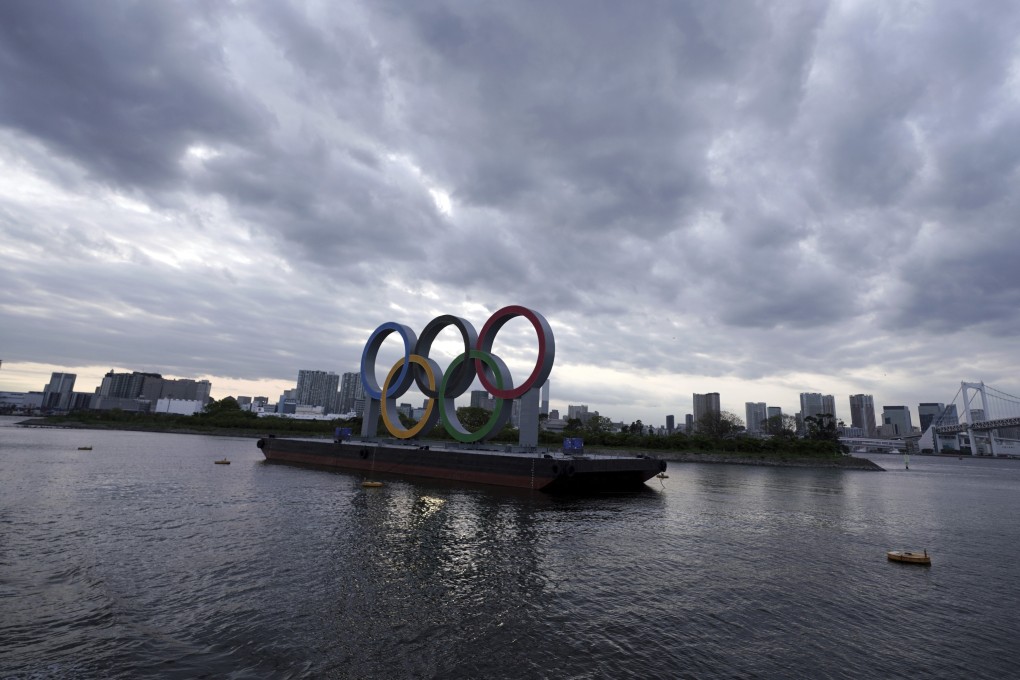Delta coronavirus variant surges in Japan, Olympics spike expected
- Pandemic adviser says cases of the mutant strain are rising rapidly and that its progress suggests a new spike will occur just as the Olympics begin
- Development comes as the Japanese government considers whether to return to a full state of emergency

The number of new cases recorded in Tokyo on Wednesday came to 714, up 95 from one week earlier and above the 700 threshold for the first time since May 26. The daily tally for the week came to 508.4, up more than 20 per cent from the previous week.
The true picture is likely to be worse, experts admit, as a further 842 cases across the nation are suspected of being the Delta variety.
“I have to admit that the situation is very, very worrying,” said Kazuhiro Tateda, president of the Japan Association of Infectious Diseases and a member of the advisory committee set up last year to advise the government on how to handle the pandemic.
“We are seeing the numbers increase rapidly and our expectation is that by mid-July, more than half of all new infections will be of the Delta variant,” he said.